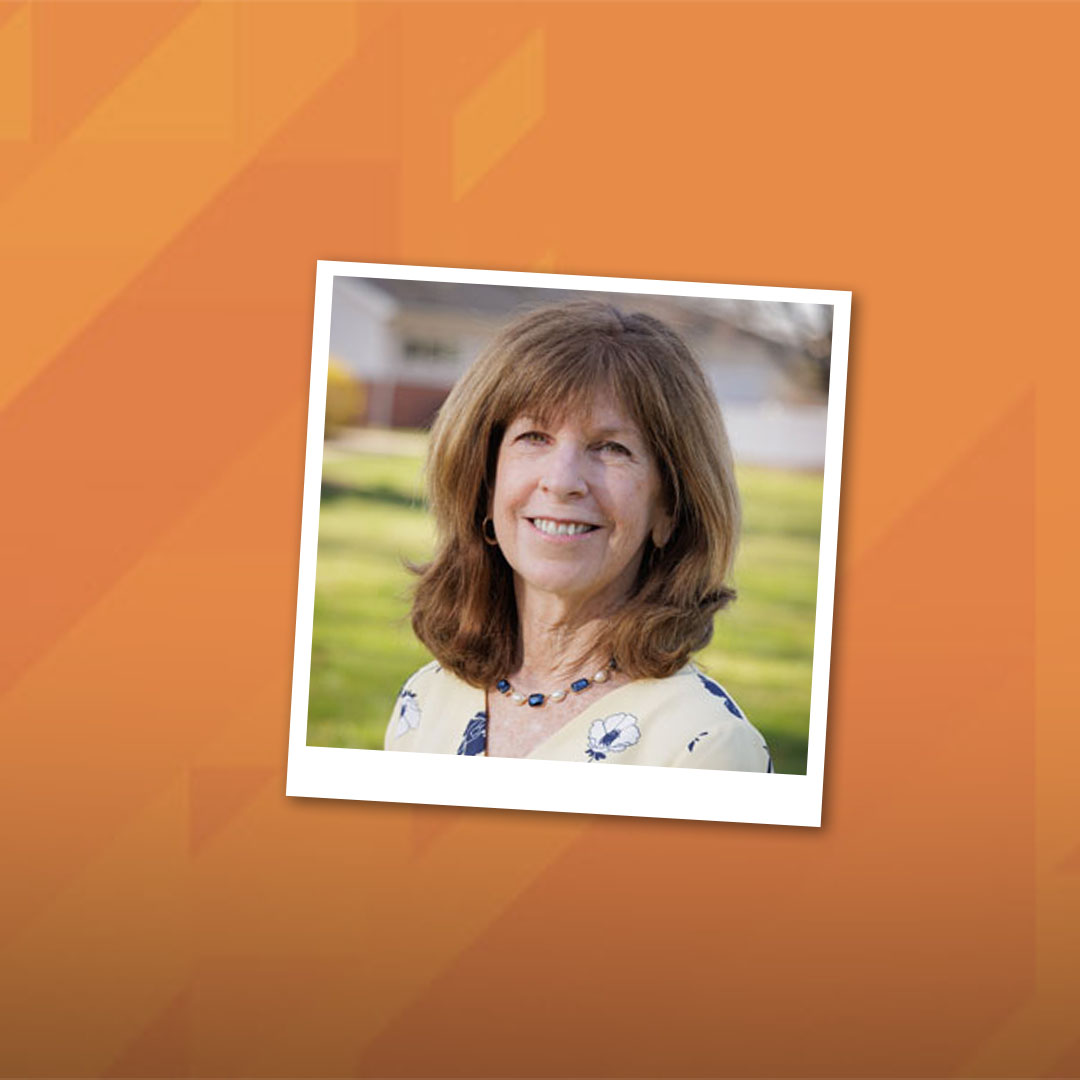WilmU One-on-One: Get To Know Dr. Angela Herman, Health Sciences Director and Leadership Award Winner

Before joining Wilmington University in 2002, Dr. Angela Herman spent 24 years managing cardiovascular clinical trials at ChristianaCare. She is the University’s director of Health Sciences, a Doctor of Nursing Practice graduate and the Delaware ACE Women’s Network (DAWN) 2025 Leadership Award winner.
Q. You’ve taught for more than 20 years. What has helped you stay motivated and passionate about your work?
I was a nurse in clinical research for the first part of my career. I never considered teaching, although my mother and sister were both teachers. However, when there was a need for someone to teach research to nurses, it was a great opportunity for me. I was overwhelmingly surprised by how much I immediately loved education. Being a part of training other health care professionals — whether they have been in health care for many years or are brand new — is a tremendous honor and very motivating.
Q. What do you find most rewarding about working with students?
The most rewarding part of working with students is helping them imagine career possibilities beyond what they originally envisioned. Many come in with a narrow idea of what a career in health care might look like. I love expanding that perspective — sometimes uncovering paths they had not even considered — and providing educational options that create ongoing pathways for their futures. There are so many exciting and new opportunities in health care for our Health Sciences students.
Q. You are the 2025 recipient of the Delaware ACE Women’s Network Leadership Award, which honors women in Delaware higher education — congratulations! What does this recognition mean to you?
It was both surprising and deeply meaningful to receive this honor. I have been fortunate to serve in a leadership capacity since early in my nursing career, and I have enjoyed the opportunity to be part of making a difference for others. I believe some of the most important responsibilities of a leader are to both listen to problems and potential solutions from the team and to work to remove barriers that prevent people from doing their best work. As an educator, that applies equally to supporting faculty and students. My goals are divided between guiding and encouraging students, helping faculty excel in their teaching, and collaborating with colleagues across the University to ensure our programs remain innovative, relevant and student-centered.
Q. Health Sciences programming has expanded greatly under your leadership. What makes the University’s Health Sciences programs stand out?
Our programs stand out because of their flexibility and responsiveness to student needs. Our Bachelor of Science in Health Sciences was our first program, and we built it purposefully to allow students to use electives to tailor their studies — whether completing science prerequisites for advanced clinical programs, earning health care certificates or exploring interdisciplinary opportunities with other colleges.
Our Associate of Science degree was developed after hearing from students who wanted to begin working in health care while completing their bachelor’s degree. We’re continuing to expand this program by creating new concentrations to ensure that these students have more career choices at an entry level.
It’s been especially rewarding to see this academic program come full circle with the development of our Master of Science in Health Sciences program two years ago. This graduate degree offers three distinct concentrations and attracts students from a wide range of professional backgrounds. This diversity within the program enhances the experience for all students and promotes collaboration across the program.
Q. How has the field of Health Sciences evolved over the years, and where do you see it heading in the future?
The field has evolved to recognize and elevate the essential roles of nonclinical professionals who support front-line providers. As health care becomes increasingly complex and technology-driven, there is a growing need for individuals who understand and adapt to these challenges in a variety of roles and health care settings. I believe we will continue to see Health Sciences professionals play a greater role in interdisciplinary teams, contributing to patient-centered care and improving health care from multiple arenas — clinical, administrative and community-based.
Q. What advice do you give students pursuing careers in Health Sciences?
Be open to exploring the many possibilities within health care. Do not limit yourself to only thinking of the roles you already know — health care offers a remarkable variety of paths. Seek out volunteer experiences, internships and community engagement opportunities. These experiences will help you discover your interests and strengths, and how you can make the greatest impact.
Earning a B.S. in Health Sciences will position you to take a further step in your career into more advanced clinical education, such as physician associates, physical or occupational therapy, pharmacy, or medical school. A Health Sciences degree at any level gives you the flexibility to create a career path that truly fits who you are and what you hope to achieve in health care.
Q. What is something you like to do in your free time for fun?
My husband and I have five granddaughters, ages 13 down to just 2 months, and I love spending time with them. I joined a community choir a few years ago and have enjoyed rediscovering the challenge and pleasure of singing.
Q. What do you love about WilmU?
Everything feels possible here. I have never met anyone who was not willing to listen, collaborate and work toward what’s best for our students. Things are achievable here, in short periods of time. I love sharing our student-centered approach in every level, every department and every college with others outside the University.
Learn from dedicated, dynamic professors like Dr. Angela Herman at Wilmington University’s College of Health Professions and Natural Sciences.



